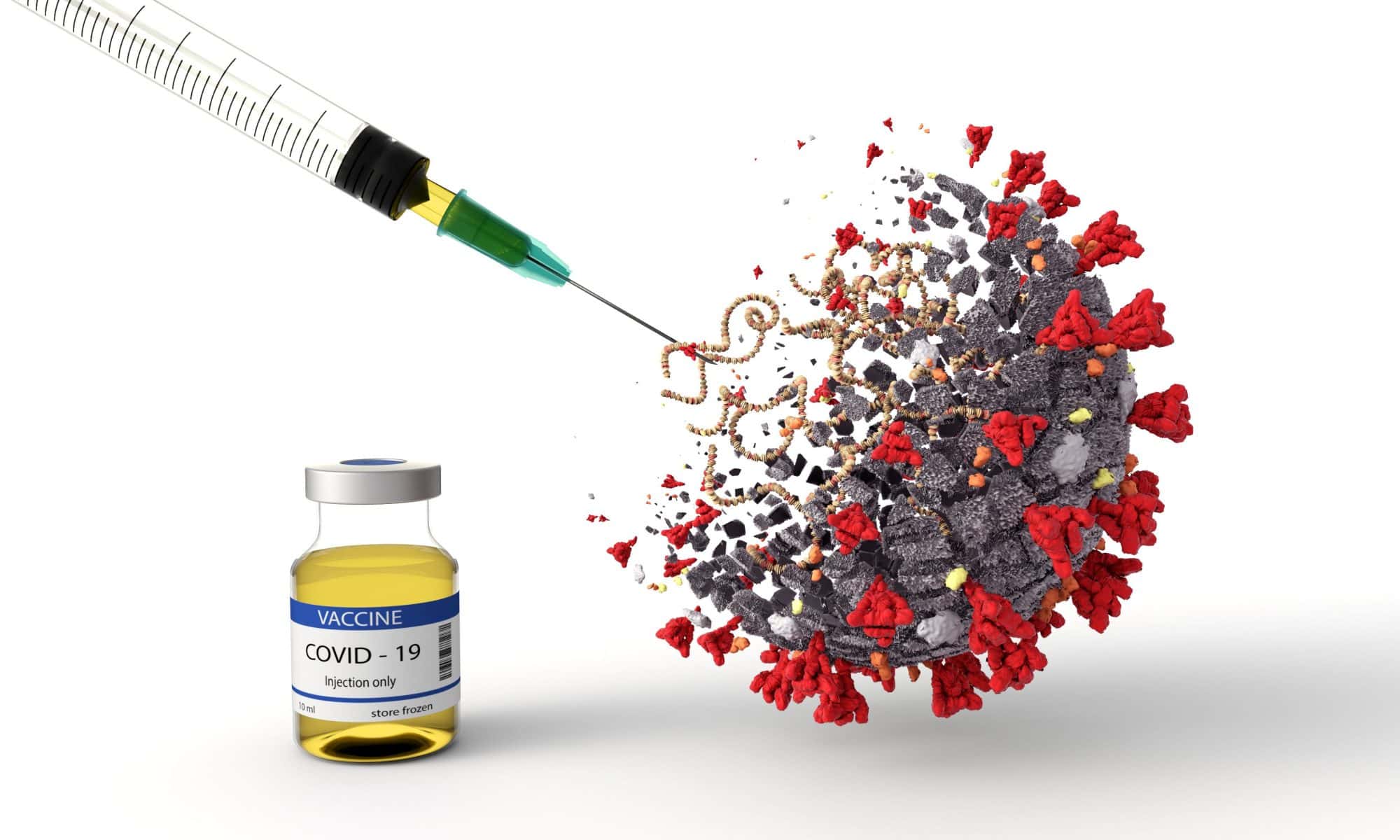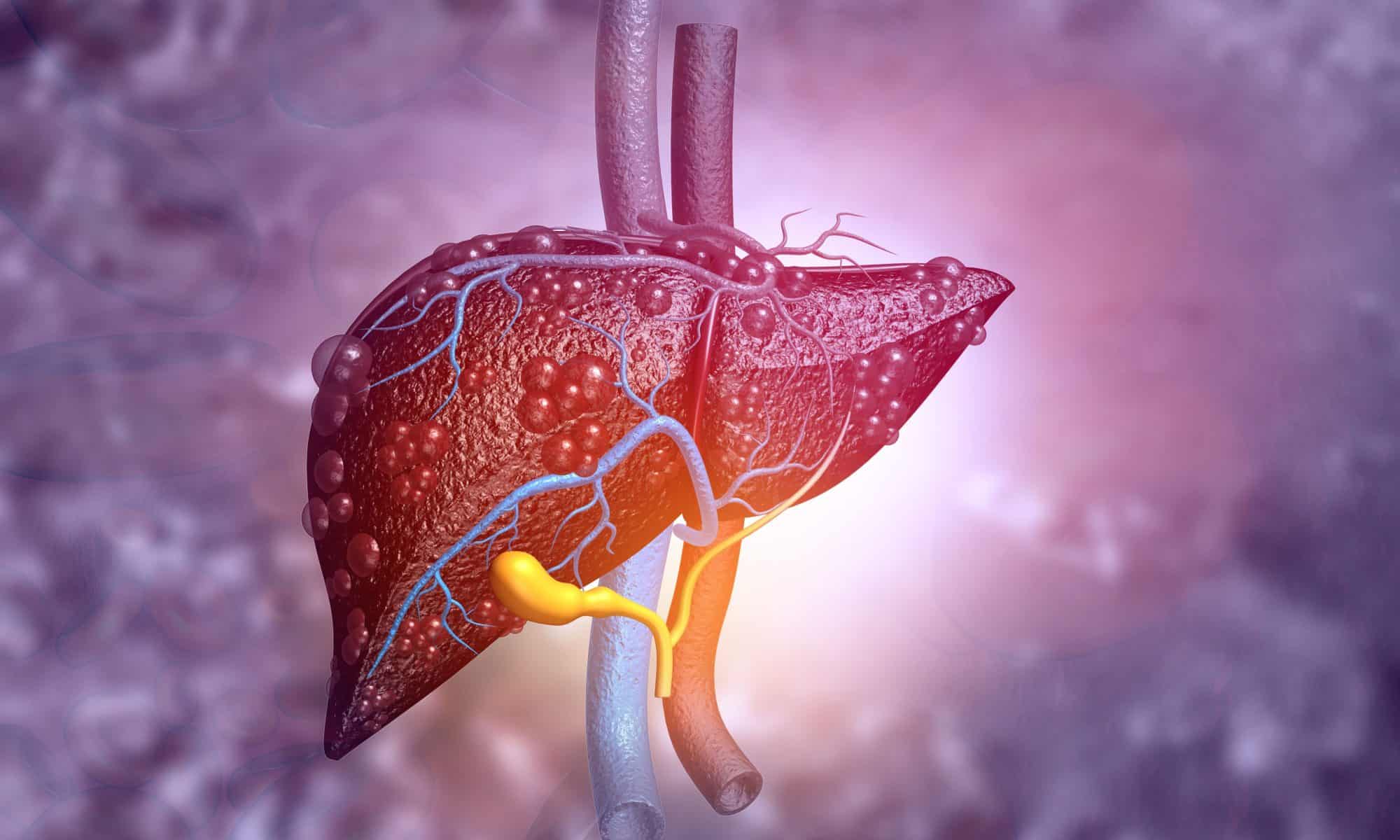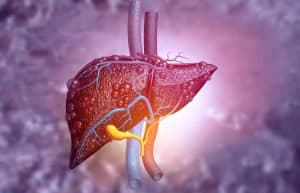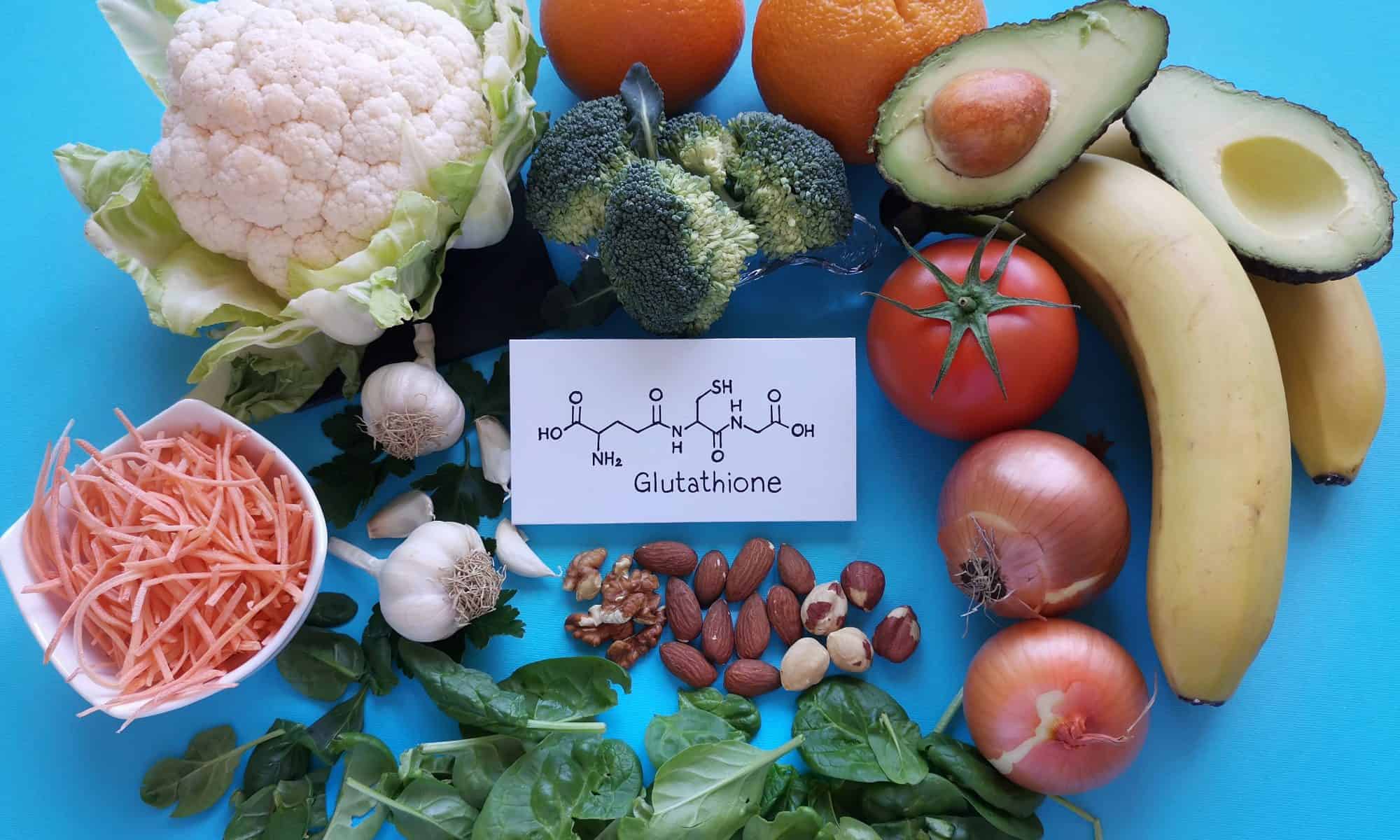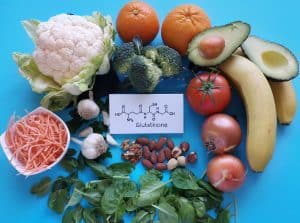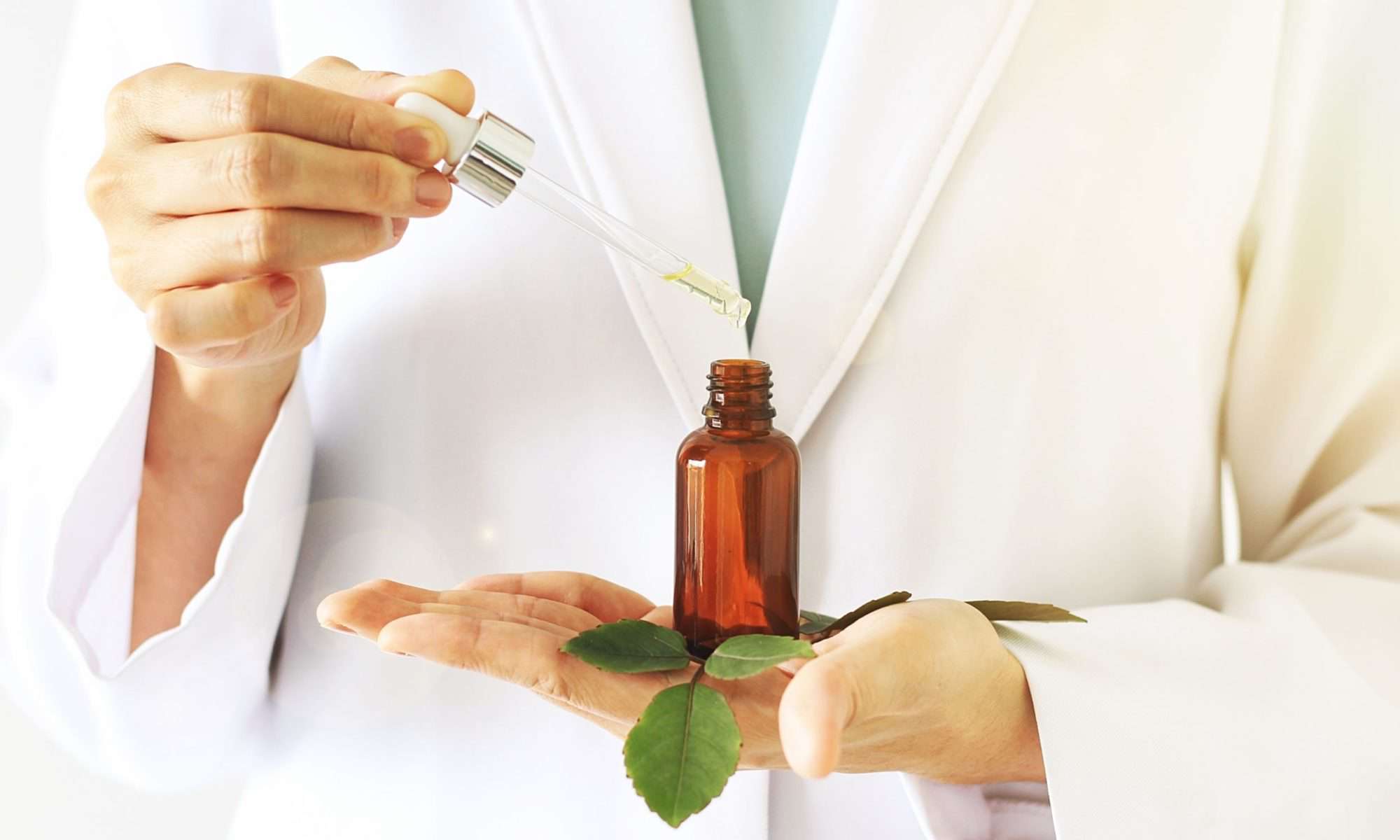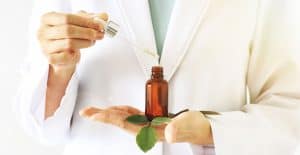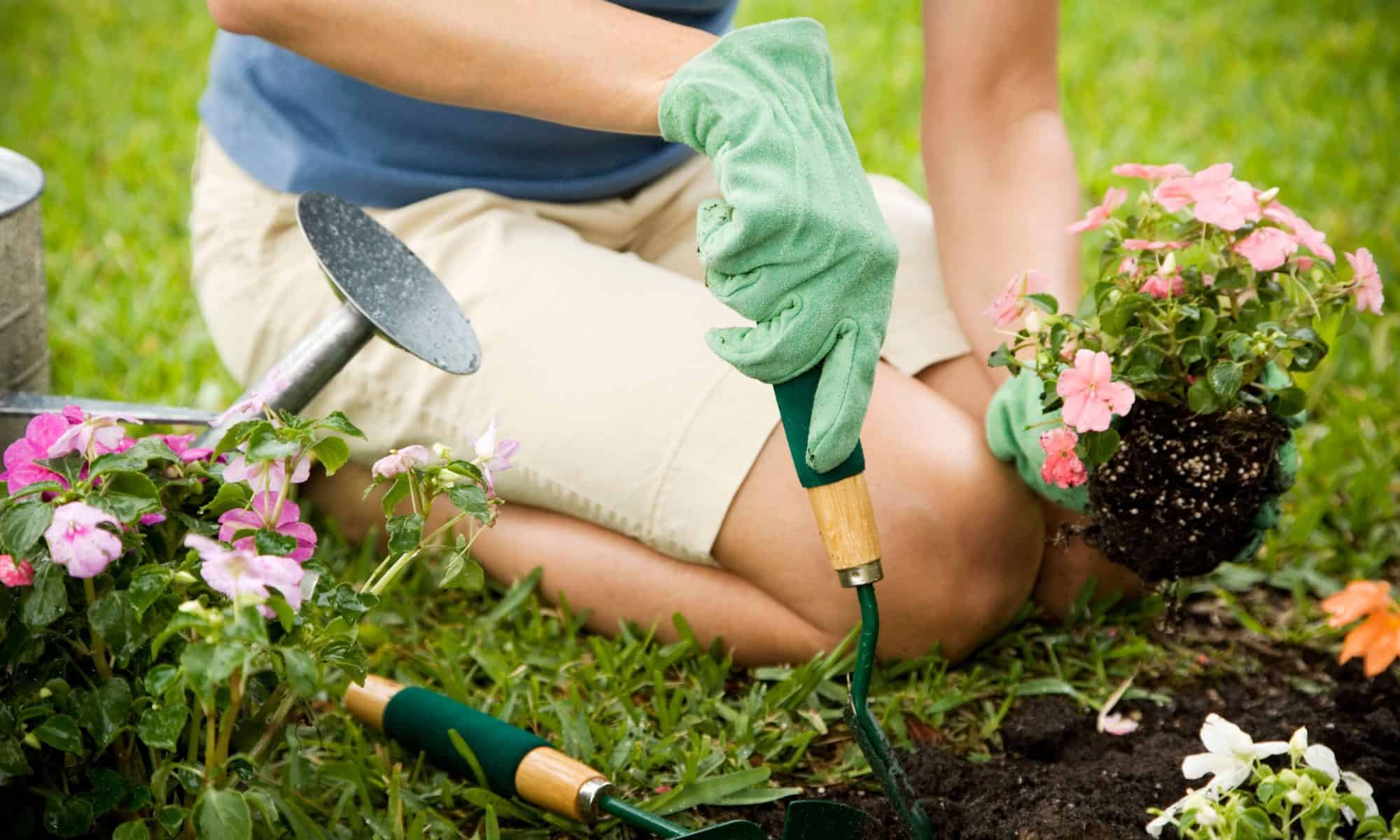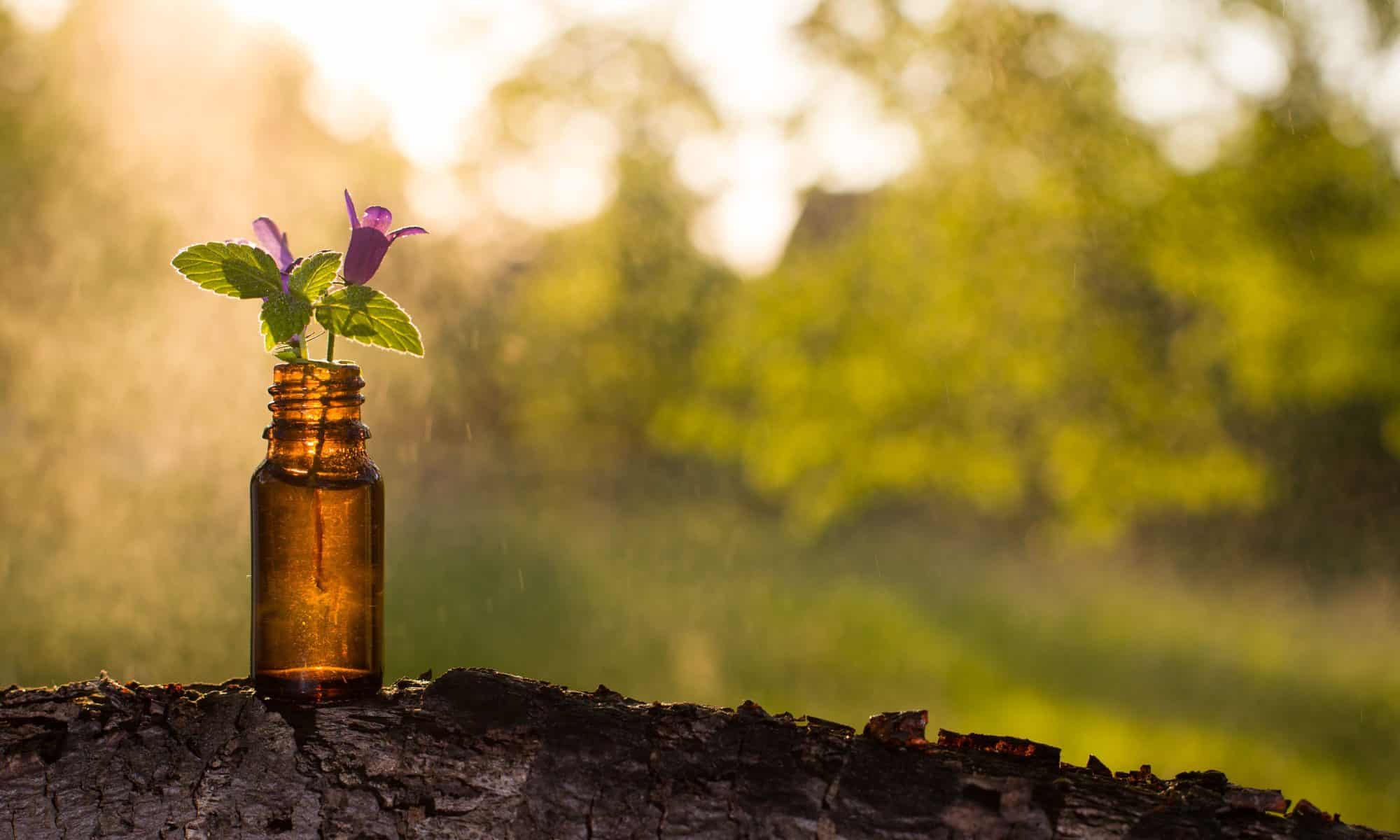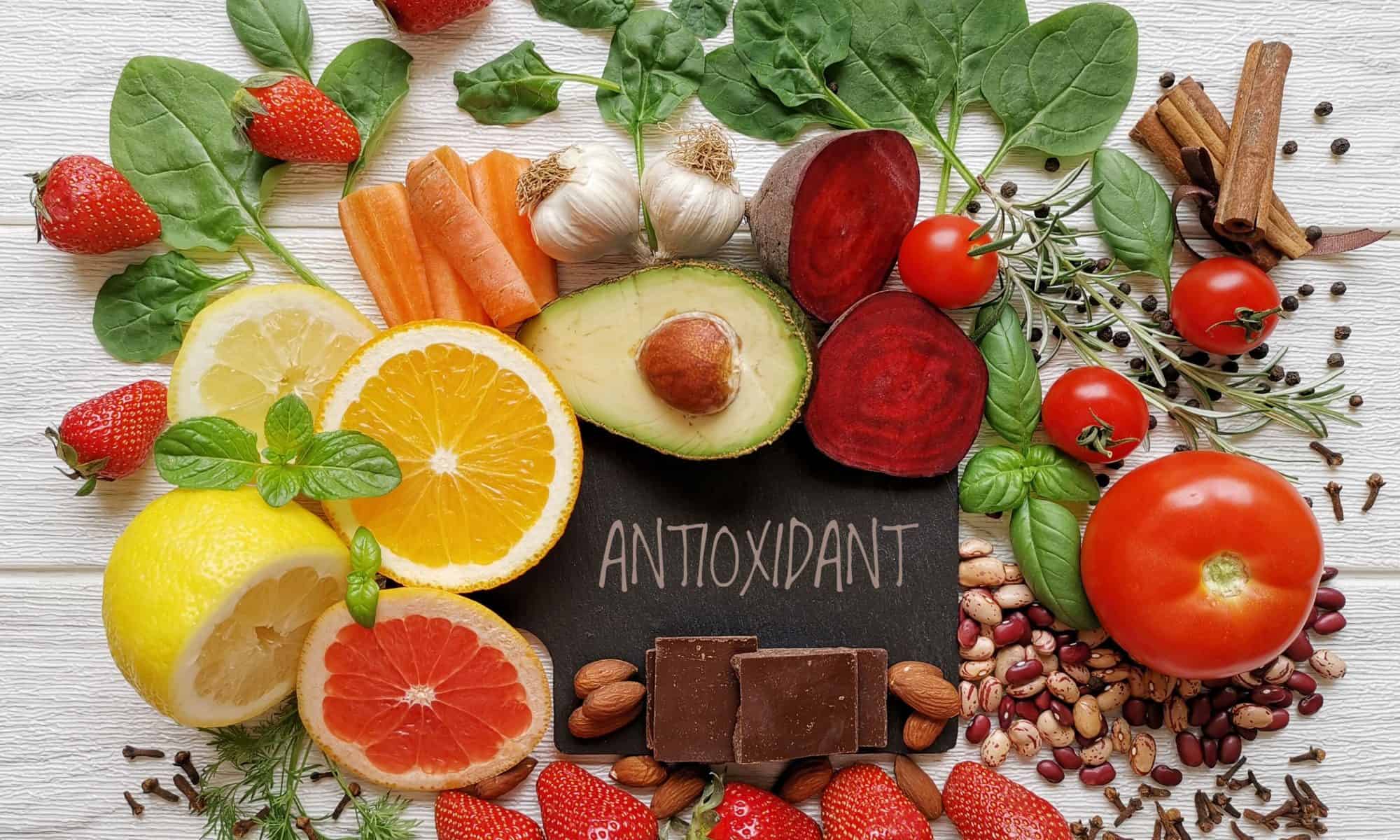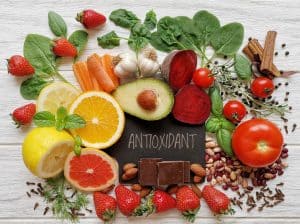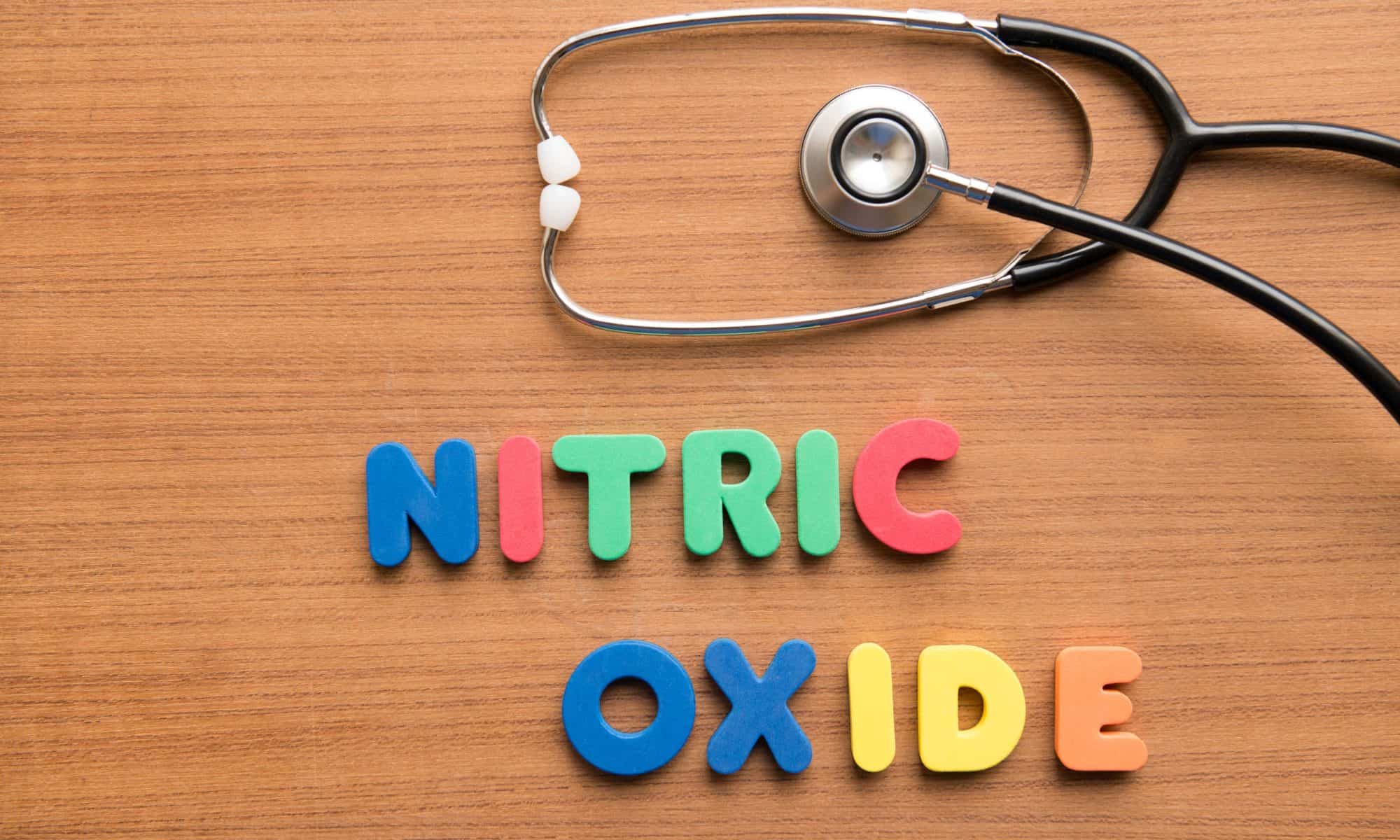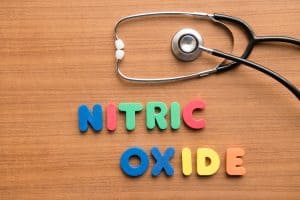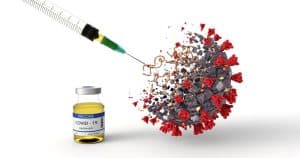
Not all treatments are created equal. We know now that the effectiveness of the COVID-19 vaccines are in dispute, and we are learning about more and more people having adverse reactions to this treatment, along with many cases of greatly weakened immune systems.
We can heal our immune systems and detox our bodies of the COVID-19 vaccines injuries naturally. You don’t have to live with the repercussions of taking this experimental drug- there is a way for you to clear your system of the COVID-19 vaccines.
Below are some herbs and supplements that you can take that will help you support your immune system after you’ve taken the COVID-19 vaccines.
Let’s take charge of our own health and learn what natural herbs and supplements can do to help us on our healing journeys!
Schisandra Berry (Schisandra chinensis)
Schisandra berries are grown on a fruit-bearing vine and it’s health benefits have been utilized throughout Asia and Russian for centuries. Particularly, in Traditional Chinese Medicine, schisandra is considered to be a harmonizing substance due to its well-balanced energetic nature.
Schisandra is an adaptogenic herb that helps to nurture the adrenal glands and reduces the production of stress hormones. As well, the study found that there are inhibitory effects from these berries that make them a natural anti-depressant.
Taking schisandra berry has been shown to increase your mental clarity by reducing brain fog. As well, it’s calming properties help to promote good sleep patterns and to reduce blood pressure. Schisandra berry can help reduce liver damage caused from various chronic illnesses by being an effective antioxidant or detoxifying agent. It’s immune-boosting abilities have been shown to increase enzyme production, boost antioxidant activity and improve our body’s ability to remove harmful wastes and toxins.
Zeolite
Zeolite is a group of minerals that form from the contact of volcanic lava and seawater or freshwater, the process of which can take millions of years! Rich in aluminum and silica molecules, zeolite has a unique cage-like structure that gives it a negative surface charge, one of the few minerals found in nature to have that charge, and this allows zeolite to “filter” out positively charged ions (like heavy metals and toxins) and replaces it with the good minerals found in its structure, like potassium, sodium and calcium. This powerful attraction to remove harmful heavy metals from the body give zeolite powerful anti-inflammatory and antioxidant capabilities, and is very helpful in the process of detoxification.
Because of zeolite’s unique crystal structure and its negative charge, it can attract and remove a wide range of toxins from the body such as heavy metals, natural and chemical poisons, radioactive elements, microbes and other molecules. Not only that, but zeolite helps to reverse oxidative damage, aids in the health of your microbiome and can increase the amount of beneficial trace minerals in your body.
Glutathione
Glutathione is an antioxidant that is produce in your own cells and is made by three amino acids, glutamine, glycine and cysteine, and is a powerful antioxidant. This antioxidant is made in your liver, which is uncommon for most antioxidants in the body. Other than its antioxidant properties, glutathione is involved in many cellular processes including enzymatic activity, liver and gallbladder process and the creation of DNA.
To boost your glutathione capacity in your body, it is advised to take supplements that encourage its production in your body naturally as opposed to a direct supplement, such as milk thistle tea and N-acetyl cysteine. Glutathione is a naturally produced antioxidant and its deficiency can lead to increased levels of cellular stress. This molecule can be found in every cell in the body, so it is beneficial for your immunity to make sure your levels are sufficient.
N-Acetylcysteine
N-Acetylcysteine (NAC) is the supplement form of the amino acid cysteine. While your body can produce this amino acid on its own, you can take NAC to increase its production if your dietary intake of methionine and serine is low, which are the amino acids used to produce cysteine. Having appropriate levels of cysteine and NAC present in your system is important to replenish your glutathione levels, which we know is one of the most powerful antioxidants that your body makes. NAC provides a variety of protective antioxidant effects, block damages to DNA, as well as dissolving mucus, improving breathing and other symptoms typical of respiratory problems.
NAC can help prevent the side effects of pharmaceutical drugs, prevent kidney damage from these drugs and helps to eliminate environmental toxins from the body. As well, its powerful antioxidant and anti-inflammatory properties makes it a good candidate to help reduce the prevalence of liver disease.
Stinging Nettle (Urtica dioica)
Stinging Nettle is a flowering herb that has been used for its medicinal purposes dating as far back as Ancient Greece and is grown in colder areas all over the world. It has fine, hair-like leaves that can cause a “stinging” sensation that it causes when touched. The benefits of nettle can be found in the stem, leaves and its roots, and has anti-inflammatory properties that can be used to treat many ailments. Stinging nettle contains many nutrients, including vitamins A, C and K, calcium, phosphorus, magnesium, iron, potassium and sodium. As well, stinging nettle is rich in healthy fats, amino acids and polyphenols.
Hawthorn Berries
Hawthorn berries are small, red or yellow berries that are grown on shrubs or trees that belong to the Crataegus genus that are common to Europe, North American and Asia. These berries are nutrient rich and have been used as an herbal remedy for digestive issues, asthma, lowering cholesterol and blood pressure, and in the treatment of some infections. Hawthorn berries contain many polyphenols, which contributes to lowering oxidative stress on the body’s cells and neutralizing harmful molecules. As well, hawthorn berries have been found to reduce inflammation, particularly reducing the impact and damage on liver cells.
Dandelion (Taraxacum officinale)
Dandelion is a prolific, common weed (or herb) that has been used has been used in traditional medicine as a powerful supplement that can support blood sugar management, improve skin health and provide liver support.
You can eat any part of the dandelion plant. As well, you can take dandelion in liquid or tea form. Dandelion plants are high nutritious that is full of beneficial vitamins, minerals fiber, including vitamins A, C, K, E. The greens, or leaves of the dandelion plant contain several minerals, including iron, calcium, magnesium and potassium, while the root of the dandelion is rich in soluble fiber that helps support the maintenance of the good bacteria found in your digestive system. Dandelion contains many different types of polyphenols, which are proven to reduce inflammation in the body and speed up your body’s healing processes.
Milk Thistle (Silybum marianum)
Milk Thistle is a common herb native to the Mediterranean region and has many antioxidant and anti-inflammatory properties. As with many other herbs, it has been used for its healing properties since the time of Ancient Greece. This herb is closely related to daisies and sunflowers, and gets its common name from the milk-like liquid that is secreted from the plant’s leaves when they are crushed. This herb has been used for weight loss, healing skin ailments, diabetes symptom reduction, heartburn, stomach issues, gallbladder problems and providing liver detoxification.
Gingko Biloba
Gingko biloba is a tree that is native to China and its seeds and leaves have been widely used for their health benefits in Traditional Chinese Medicine. It contains high concentrations of flavonoids and terpenoids that aid in the body’s immune response and prevents the damage of healthy cells.
Wheatgrass
Wheatgrass, in particular its juice, is a powerful antioxidant and detoxifier. Juiced or used in powder form, the baby leaves of the wheatgrass plant, Triticum aestivum, this superfood has many benefits that are beneficial to your immune system. Wheatgrass contains many beneficial vitamins and minerals, including vitamins A, C and E, and has iron, magnesium, calcium and even some amino acids. Perhaps what makes this plant even more beneficial, is the amount of chlorophyll that is contains.
Your Unique Healing Journey After the COVID-19 Vaccines
You can heal yourself naturally and without harmful pharmaceutical drugs, especially after the COVID-19 vaccines. While modern medicine has given us many great solutions, it is far from perfect, and this is when we need to embrace the healing capabilities of our natural world. There are thousands of botanicals that have been used around the world for thousands of years that can help heal us in a more holistic way.
Using a wide range of wellness practices, such as eating healthy and for your immune system, establishing beneficial lifestyle practices and detoxing your system of toxins, it is possible to heal your body.
Meet Paul Wagner
Paul Wagner is an Intuitive Life & Business Coach, clairvoyant reader, and a five-time EMMY Award-winning writer. He created “THE PERSONALITY CARDS,” a powerful Oracle-Tarot deck that’s helpful in life, love, and relationships. Paul studied with Lakota elders in the Pecos Wilderness, who nurtured his empathic abilities and taught him the sacred rituals. He has lived at ashrams with enlightened masters, including Amma, the Hugging Saint, for whom he’s delivered keynotes at Her worldwide events.
Paul tours the world lecturing on spiritual liberation. He lovingly offers intuitive readings, inspirational coaching, and illuminating courses to help others with self-discovery, decision-making, healing, and forgiveness. Book a session with Paul: HERE


